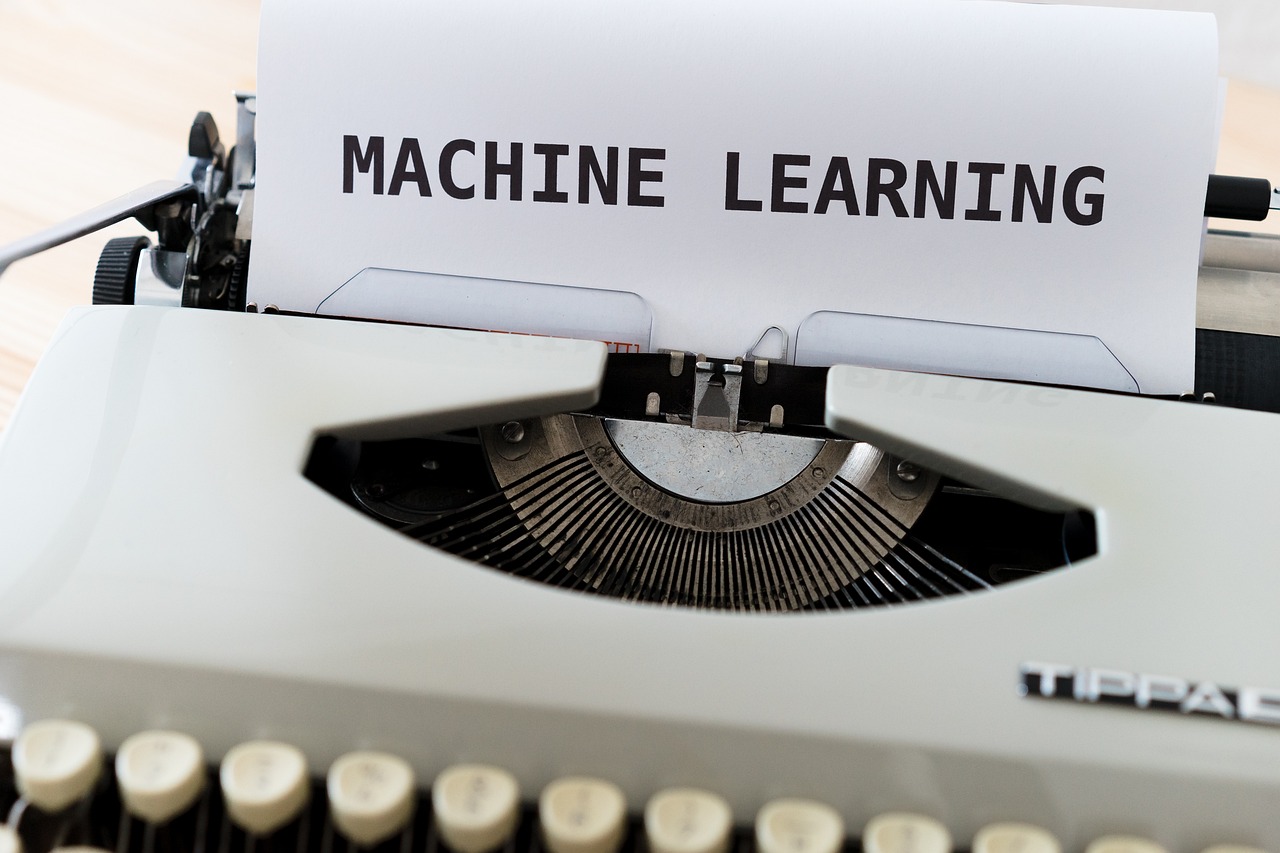From Jupyter to Production: Streamlining ML Workflows in Saturn Cloud
 Victor Uzoagba
Victor Uzoagba
As machine learning (ML) workflows mature, so does the need for efficient, scalable production processes. While Jupyter notebooks have revolutionized the ML development phase, transitioning from experimentation to production presents unique challenges. Saturn Cloud is one of the platforms bridging this gap, providing tools to streamline ML workflows from initial exploration to scalable deployment. This article outlines best practices for moving Jupyter-based ML projects into production, emphasizing reproducible research, version control integration, and collaborative development workflows.
Transitioning from Experimentation to Production
Challenges in Moving from Experimentation to Production
Moving from experimentation to production in ML involves overcoming various challenges, from maintaining code consistency to managing dependencies and versioning data. Experimental code written in Jupyter is often exploratory and may lack the rigor needed for scalable, reproducible pipelines. As a result, productionizing ML workflows requires careful structuring, attention to detail, and tools that can ensure stability across each stage of deployment.
Why Saturn Cloud?
Saturn Cloud offers scalable Jupyter environments, enabling teams to prototype and deploy ML models within a single ecosystem. By integrating resources like GPUs, distributed compute capabilities, and deployment support, Saturn Cloud can streamline the often fragmented process of productionizing ML code.
Structured Approach to Productionization
Transitioning from a Jupyter-based environment to a production-ready setup involves specific steps:
Environment Setup: Ensure consistency across environments, from development to production.
Data Management: Version control data used in training models to allow for reproducibility.
Model Packaging: Modularize and containerize code for easy deployment.
Testing and Validation: Rigorously test models to ensure robustness before deployment.
Deployment: Choose deployment strategies that align with production requirements, such as scaling capabilities, latency, and monitoring.
Best Practices for Reproducible Research
Environment Management
Consistency in the environment is crucial for reproducible research. Saturn Cloud supports Docker-based environment templates, enabling users to define dependencies and settings for ML projects in a replicable way. Using these templates ensures that the code can run reliably in both development and production settings, preventing issues related to dependency conflicts.
Data Versioning
Data used for model training and validation must be versioned alongside code. Saturn Cloud integrates with tools like Data Version Control (DVC) to track data version changes, ensuring reproducibility and allowing teams to trace the exact data sets used in previous experiments.
Automated Experiment Tracking
Experiment tracking tools like MLflow and Weights & Biases, both of which can be integrated with Saturn Cloud, offer automated ways to log parameters, metrics, and versions of models. These tools allow researchers to keep a complete history of experiments, facilitating comparisons between versions and understanding how changes in data or hyperparameters affect performance.
Pipeline Orchestration
When workflows become complex, orchestrating pipelines with tools like Apache Airflow or Prefect is essential. Saturn Cloud’s integration with these tools enables data preprocessing, model training, and evaluation to be scheduled and tracked, creating a consistent flow from data ingestion to model output.
Version Control Integration for ML Projects
Why Version Control in ML?
In ML, version control ensures code stability, traceability, and collaboration across team members. Git is essential for tracking code changes, while tools like DVC help manage data and model artifacts, ensuring teams can easily rollback or review previous versions when debugging or comparing results.
Versioning Jupyter Notebooks
Managing Jupyter notebooks with Git poses unique challenges since notebooks include code, outputs, and metadata. Saturn Cloud’s JupyterLab Git extension allows teams to use Git directly within the Jupyter environment. Tools like nbstripout can help strip outputs from notebooks before committing, simplifying version control. Saturn Cloud also supports integration with GitHub, GitLab, and Bitbucket for collaboration on code repositories.
Managing Data and Model Artifacts in Git
Data and model artifacts often exceed the file size limits set by Git. External storage for large files, combined with metadata tracking within Git, is a best practice. By tracking only the metadata for data or model files in Git and storing the actual artifacts in cloud storage, teams can avoid file size issues while still maintaining a traceable version history.
Collaborative Development Workflows in Saturn Cloud
User Roles and Permissions
Saturn Cloud’s user management features allow administrators to set roles and permissions for users, ensuring sensitive data and code are protected while maintaining collaboration. Different roles (such as viewer, editor, and admin) can be assigned to team members, allowing for controlled access based on individual needs.
Shared Resources and Team Environments
Collaborative development in Saturn Cloud is streamlined through shared workspaces and environment templates. Saturn Cloud provides team environments where members can access shared resources, datasets, and compute resources, fostering an environment conducive to team-based ML development.
Code Review and CI/CD Pipelines
To ensure code quality, implementing code review processes is essential. Saturn Cloud allows integration with CI/CD pipelines through GitHub or GitLab, automating tasks like testing, model validation, and deployment. Continuous integration ensures that every code change is validated against the existing model pipeline, and continuous deployment automates the release of tested models to production, enhancing the efficiency and reliability of ML workflows.
Deploying ML Models to Production
Choosing the Right Deployment Strategy
Deployment strategies vary based on use cases and requirements:
Real-Time APIs: Useful for low-latency applications like recommendation engines and fraud detection systems.
Batch Processing: Suitable for periodic tasks such as daily or weekly data processing.
Scalable Compute Resources: Saturn Cloud provides auto-scaling, GPU support, and distributed computing to support models with high resource requirements.
Monitoring and Maintenance
Once a model is deployed, ongoing monitoring ensures it performs as expected. Saturn Cloud provides monitoring and logging tools, which are essential for observing model behavior in real-time, tracking drift, and triggering retraining when necessary.
Scaling ML Workflows
Scalability is key to production ML systems. Saturn Cloud enables resource scaling based on workload, supporting large-scale data processing and high-throughput model inference. This scalability is essential for applications requiring real-time or near-real-time model predictions, especially when handling growing user or data volumes.
Case Study or Example Workflow
To illustrate these principles, let’s take an example: a churn prediction model for a SaaS product. Starting with a Jupyter notebook in Saturn Cloud, a data scientist might explore customer behavior data, training a model to predict churn. With Saturn Cloud, this model’s workflow could include:
Setting up an environment with specific Python packages.
Using DVC to track the dataset used for training.
Tracking experiments with MLflow.
Deploying the final model as an API endpoint within Saturn Cloud for real-time predictions on new customer data.
Monitoring model performance and setting alerts for retraining if prediction accuracy drops below a certain threshold.
Conclusion
Transitioning ML workflows from experimentation to production requires careful planning, reproducible practices, and efficient tooling. Saturn Cloud provides an all-encompassing solution for Jupyter users, enabling them to scale from exploratory analysis to production-ready models seamlessly. By integrating best practices in reproducibility, version control, and collaborative workflows, Saturn Cloud empowers ML teams to streamline their workflows and ensure consistency, scalability, and performance at every stage of the ML lifecycle.
Subscribe to my newsletter
Read articles from Victor Uzoagba directly inside your inbox. Subscribe to the newsletter, and don't miss out.
Written by

Victor Uzoagba
Victor Uzoagba
I'm a seasoned technical writer specializing in Python programming. With a keen understanding of both the technical and creative aspects of technology, I write compelling and informative content that bridges the gap between complex programming concepts and readers of all levels. Passionate about coding and communication, I deliver insightful articles, tutorials, and documentation that empower developers to harness the full potential of technology.